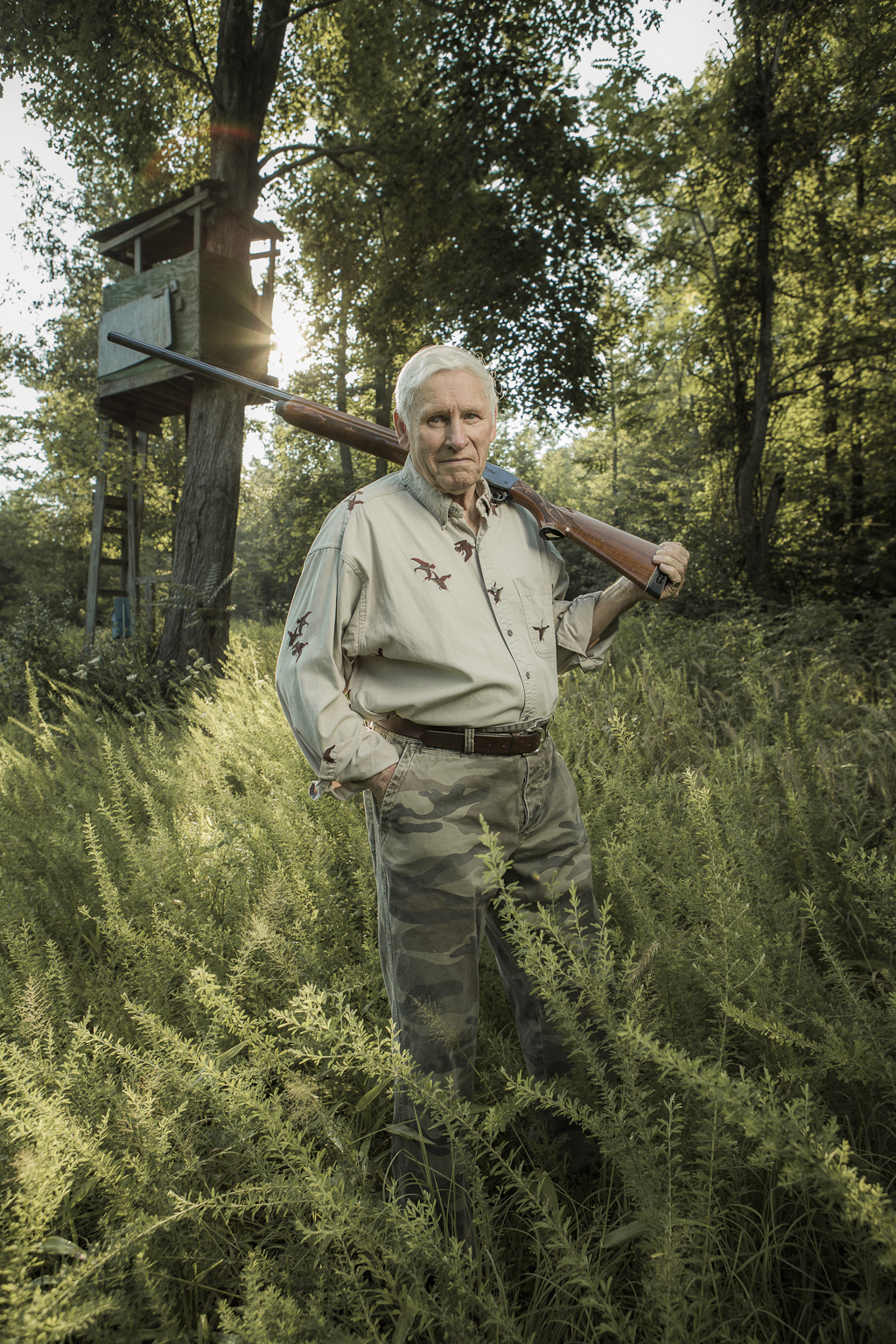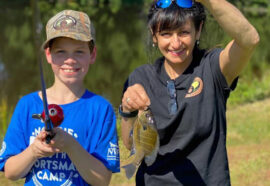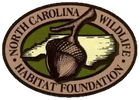ABOUT USOUR MISSION
The purpose of the North Carolina Wildlife Habitat Foundation is to assist in the acquisition, management, and protection of wildlife habitat within the state of North Carolina and promote conservation education for the benefit of future generations.
DONATE TODAYCONTACT USWe are North Carolina Wildlife Habitat Foundation
Don't Let the dream die.


a tribute to our founder

EDDIE BRIDGES
Eddie's entire adult life was dedicated to wildlife conservation work. He was appointed to the North Carolina Wildlife Resources Commission in 1977, where he served two, six-year terms. During that time he proposed and helped develop the North Carolina Lifetime Hunting and Fishing Licenses and the North Carolina Wildlife Endowment Fund (which was also named the Eddie Bridges Fund by the North Carolina General Assembly). He also proposed the North Carolina Waterfowl Stamp and the North Carolina Tax Check Off program. When Eddie completed his two terms on the NCWRC in 1989, he created the North Carolina Wildlife Habitat Foundation, which is modeled after the endowment fund and generates money to help improve wildlife habitat all across North Carolina. He received more that 40 wildlife conservation awards, including the Budweiser Conservationist of the year in 2004, the Field & Stream Conservationist of the year in 2012, the Governor's Award from the North Carolina Wildlife Federation in 1993 and was inducted into their Hall of Fame. He was inducted into the Guilford County Sports Hall of Fame in 2011. He was also awarded by NCWRC, the Order of the Long Leaf Pine, the state's highest honor, in 2013. He was inducted into the North Carolina Sports Hall of Fame in 2019, as the first Hunting, Angler, and Conservation Sportsman.
Trustees
MEMBER EVENTS

